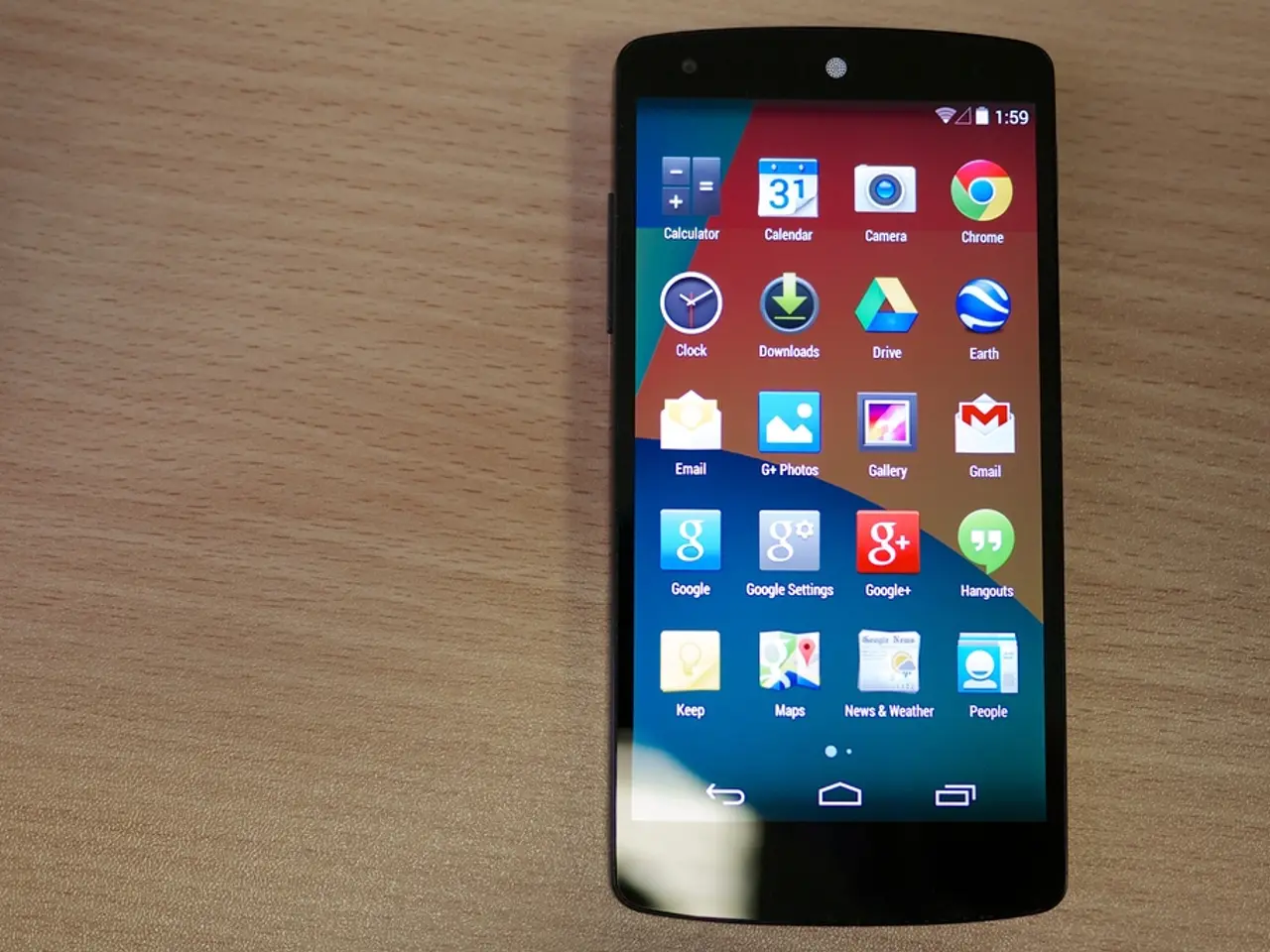Mobile Application Development Secured by Blockchain: Previewing Trust and Safety Advancements
In the ever-evolving digital landscape, blockchain technology is making a significant impact on mobile app development. This groundbreaking technology is being harnessed to create more secure, transparent, and trustworthy mobile applications, particularly in sectors such as payments, identity, healthcare, and supply chains.
One key advantage of blockchain is its ability to provide better data control for users. With blockchain, individuals can manage their own data, ensuring compliance with privacy legislation and maintaining greater control over their digital footprint. This is a significant step forward in addressing concerns about data privacy and security.
Improving Data Security
Blockchain's decentralized data storage system is a major factor in enhancing data security. By storing data across a network of nodes, there is no single point of failure, making it difficult for hackers to compromise the system. Moreover, once data is recorded on a blockchain, it cannot be altered without modifying all subsequent blocks, ensuring tamper-proof and secure data. Advanced cryptographic techniques are also employed to secure data transactions, making unauthorized access or tampering extremely difficult.
Enhancing Transparency
Blockchain's transparency is another key strength. All transactions on the blockchain are transparent and can be easily verified by network participants, building trust and accountability. This openness ensures that every action is traceable and permanent, creating an immutable audit trail of every transaction, which is crucial for verifying the authenticity of data and ensuring compliance.
Building Trust
Smart contracts, a hallmark of blockchain technology, automate specific actions when conditions are met, eliminating the need for intermediaries and ensuring that agreements are enforced without bias or manipulation. The decentralized nature of blockchain reduces reliance on centralized authorities, shifting trust from individuals or organizations to the network itself. Additionally, blockchain enables users to control their digital identities, reducing the risk of identity theft and enhancing trust by minimizing dependency on vulnerable centralized systems.
The Future of Blockchain in Mobile Development
The future of blockchain in mobile development is promising. It may involve the use of Non-Fungible Tokens (NFTs) in art, music, and real estate apps, improved collaboration between blockchain, AI, and IoT, the introduction of decentralized finance (DeFi) mobile-friendly financial services, and the securing of voting and records through government and legal apps.
Examples of blockchain-based mobile applications already in use include IBM Food Trust, which enables users to trace the origins of foodstuffs, and MyClinic.com, an app that allows patients to organize their health records and share them securely with doctors. Games like Axie Infinity or The Sandbox, built on blockchain, allow the generation and exchange of digital assets on mobile applications, with owners receiving actual ownership rights.
In conclusion, blockchain technology significantly enhances data security, transparency, and trust in mobile app development through several key mechanisms. As concerns about data privacy, fraud, and security continue to grow, the adoption of blockchain technology in mobile apps is poised to revolutionize the digital landscape, offering a more secure, transparent, and trustworthy experience for users.
- The incorporation of blockchain technology in application development bears great potential for finance, enabling the creation of more secure and trustworthy mobile financial services through decentralized finance (DeFi).
- In the education-and-self-development sector, blockchain technology could offer a secure and transparent platform for storing and sharing lifelong learning records.
- Blockchain's impact on sports could lead to the development of mobile applications that verify the authenticity of sports memorabilia, ensuring that collectors are buying genuine items.
- The use of blockchain in sports could also allow for secure and transparent voting systems, such as those for electing officers or deciding rules within sports organizations.




